The second day of the VI WFLED moved forward with key proposals for a just transition, a care economy and territorial financing
News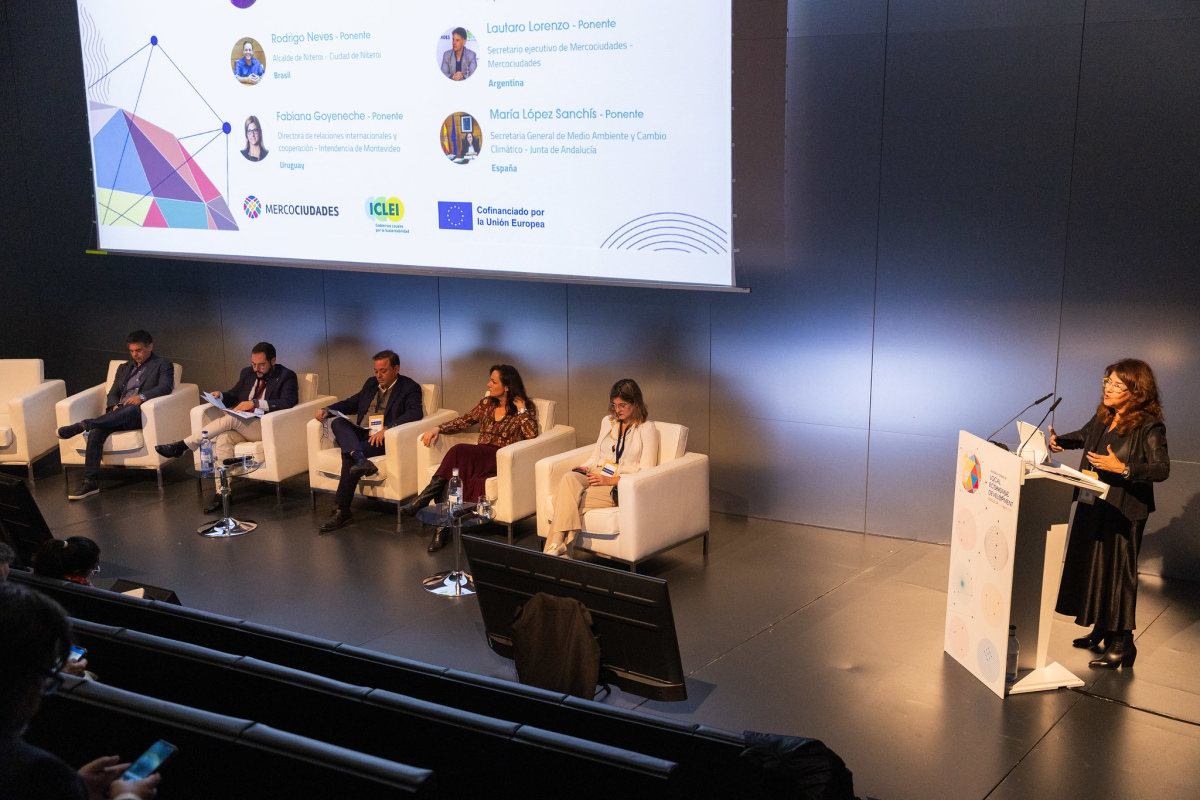
The second day of the 6th World Forum on Local Economic Development (WFLED) in Seville was marked by a diverse agenda of sessions that addressed everything from the effects of climate change and the urgency of a just transition, to the financing of care and the development of skills for employment in the territory. Based at the FIBES Conference and Exhibition Centre, the Forum reaffirmed its role as a key space for building local solutions to global challenges.
The day began with two simultaneous political dialogues. The first, focused on territorial policies and alliances against climate change, highlighted the need for urgent, participatory and fair responses to the three major global transitions: green, digital and demographic. Promoted by ICLEI and Mercociudades, it emphasised local action as key to achieving sustainability with equity.
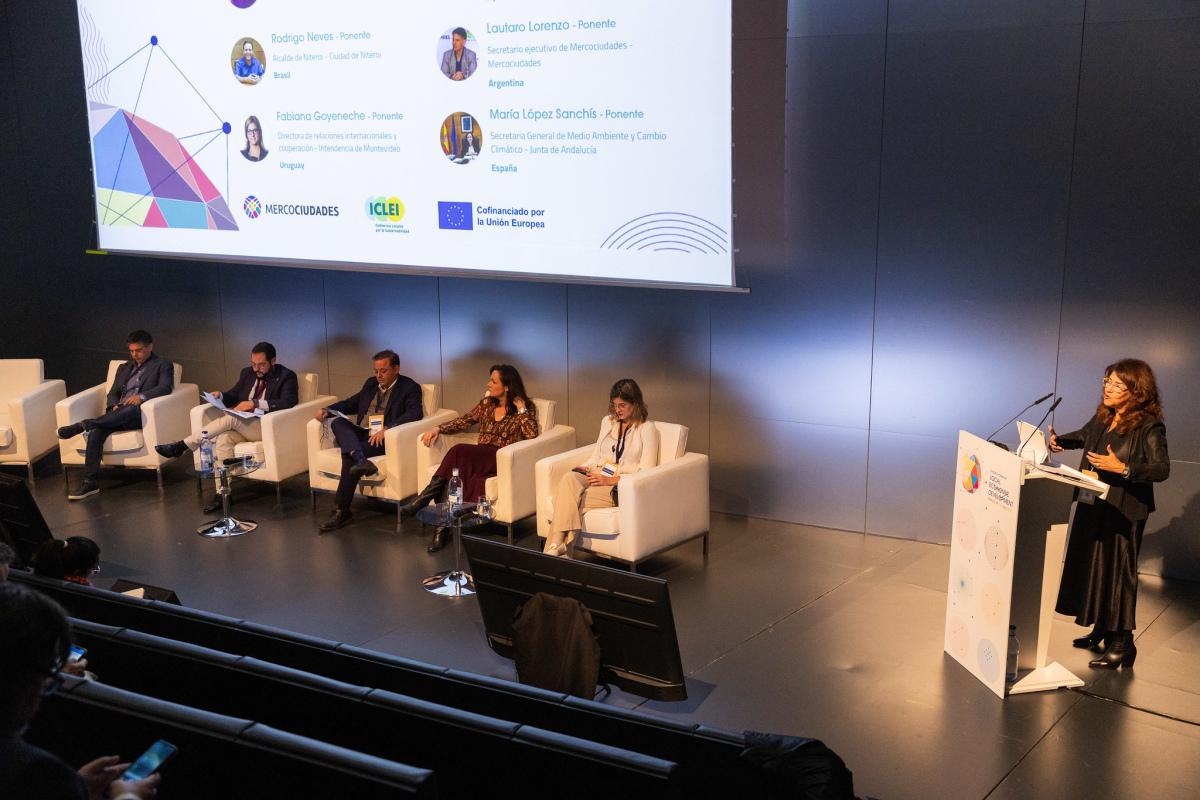
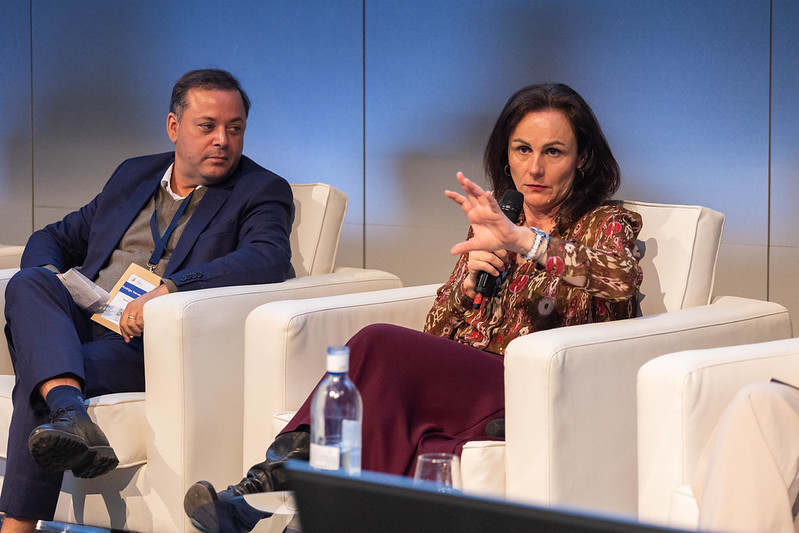
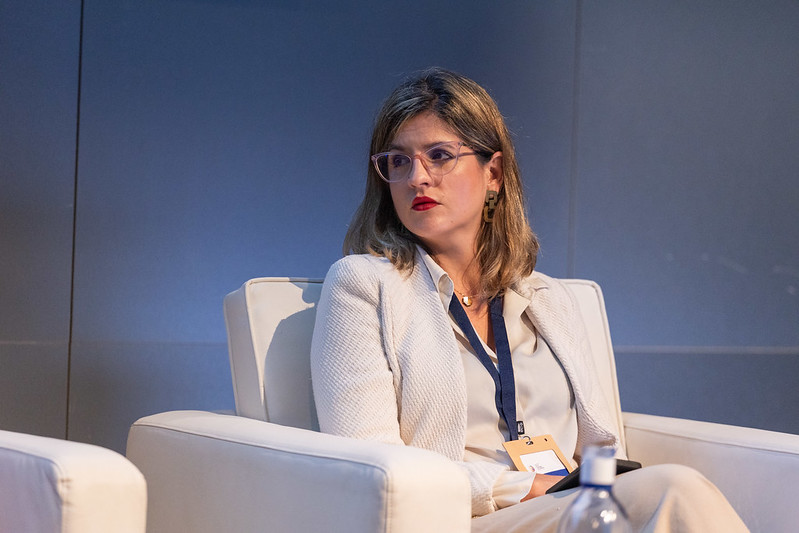
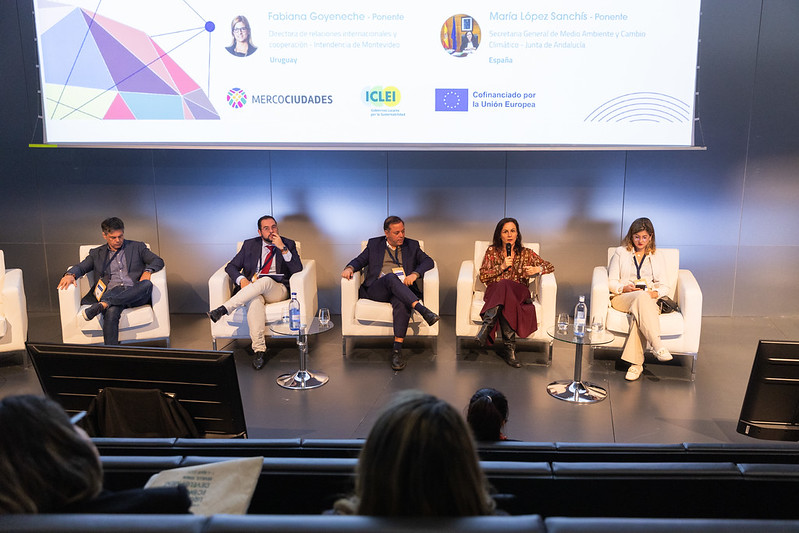
In parallel, the dialogue on approaches to local economic development based on care proposed a transformation of current economic models towards strategies that put life at the centre. Jordi Vaquer, secretary general of Metropolis, chaired a session with a diverse representation of care workers, including Amelia Campos, commercial manager and project coordinator at Más que Curas; José Luis García Martín, vice-president of FAMSI and deputy mayor of Seville; Carlos Martínez, mayor of Soria; and Céline Papin, deputy mayor of the city of Bordeaux. José Luis García Martín emphasised that ‘it is key to promote the redistribution of care work, but local governments need financial support from national and European levels to strengthen our capacity for intervention’.
To conclude, Ana B. Moreno, technical secretary of the Global Care Alliance, stressed that it is also necessary to ‘integrate the experience of citizens, without exclusion, to promote a more resilient model with greater potential for innovation’.
The high-level plenary Territories facing the FfD4 agenda connected directly with the upcoming Fourth Financing for Development Conference (FfD4). Moderated by Emilia Saiz, secretary general of United Cities and Local Governments (UCLG), the session was attended by Eva Granados, Secretary of State for International Cooperation of the Government of Spain; Mauricio Zunino, Vice-President of UCLG and Mayor of Montevideo; Claudio Tomasi, UNDP Resident Representative in Argentina; and Ignacio Corlazzoli, Director of Resource Mobilisation and Global Partnerships at the Development Bank of Latin America (CAF); Ignacio Corlazzoli Hughes, Manager of Resource Mobilisation and Global Partnerships – Development Bank of Latin America (CAF); Anthony Mvo Dighambong, Mayor of Wum and First Vice-President of the United Cities and Councils of Cameroon; Youssouf Benjeloune, Vice-President of ORU-Fogar.
The day also included technical sessions that covered topics ranging from economic strategies in intermediary cities to experiences of public banking, cross-border cooperation and territorial reinvestment for development. There were debates on food sovereignty, tax incentives, fair trade, decentralised financing networks and ethical public procurement. Several closed sessions, such as meetings of policy councils, executive bodies and international networks, completed the agenda, including the emblematic UCLG Executive Bureau, which meets twice a year and is made up of 116 appointed political representatives from all regions of the world. Eva Granados stated that ‘Spain remains committed to sustainable development and we want to take advantage of the 6th World Forum on Local Economic Development to tell the world and to look for new financing paradigms’. S. Claudio Tomasi pointed out that ‘The issue of financing local development is linked to that of local management, which is why it is essential to strengthen the capacities of sub-national governments’. For his part, Mauricio Zunino stressed that ‘The multilateral system must provide all local governments and their populations with the resources and capacities necessary for development, applying a feminist and long-term vision’.
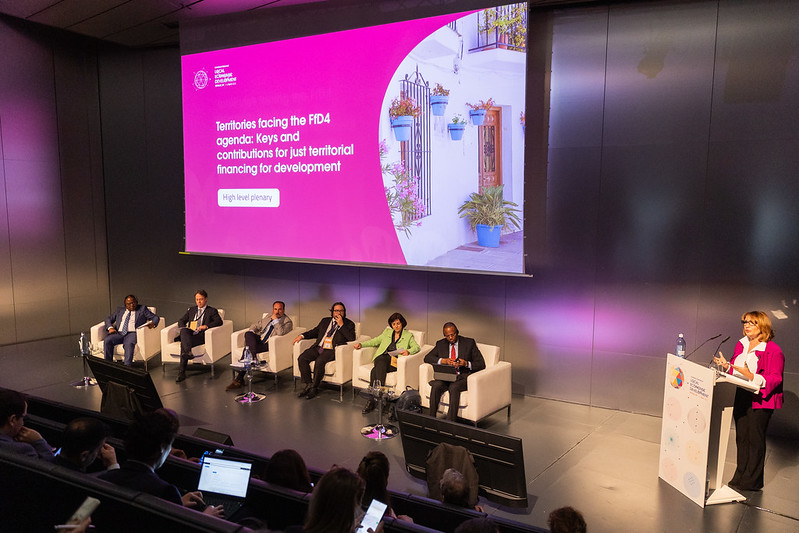
During the afternoon, the panel discussion on financing care at the local level emphasised that placing care at the centre of public policy is not a luxury, but a condition for building more equitable and inclusive societies. Ana B. Moreno, technical secretary of the Global Alliance for Care, moderated the debate with contributions from Sandra Moreno, executive secretary of RIPESS (Colombia); Marling Libeth Castillo Calderón, from the International Domestic Workers Federation; Mia Touma, junior project officer at the International Labour Organization (ILO); and Juana López Pagán, director for the Eradication of Violence against Women at the Ministry of Equality of the Government of Spain. Proposals were presented such as gender-focused budgets and alliances to guarantee sustainable care systems.
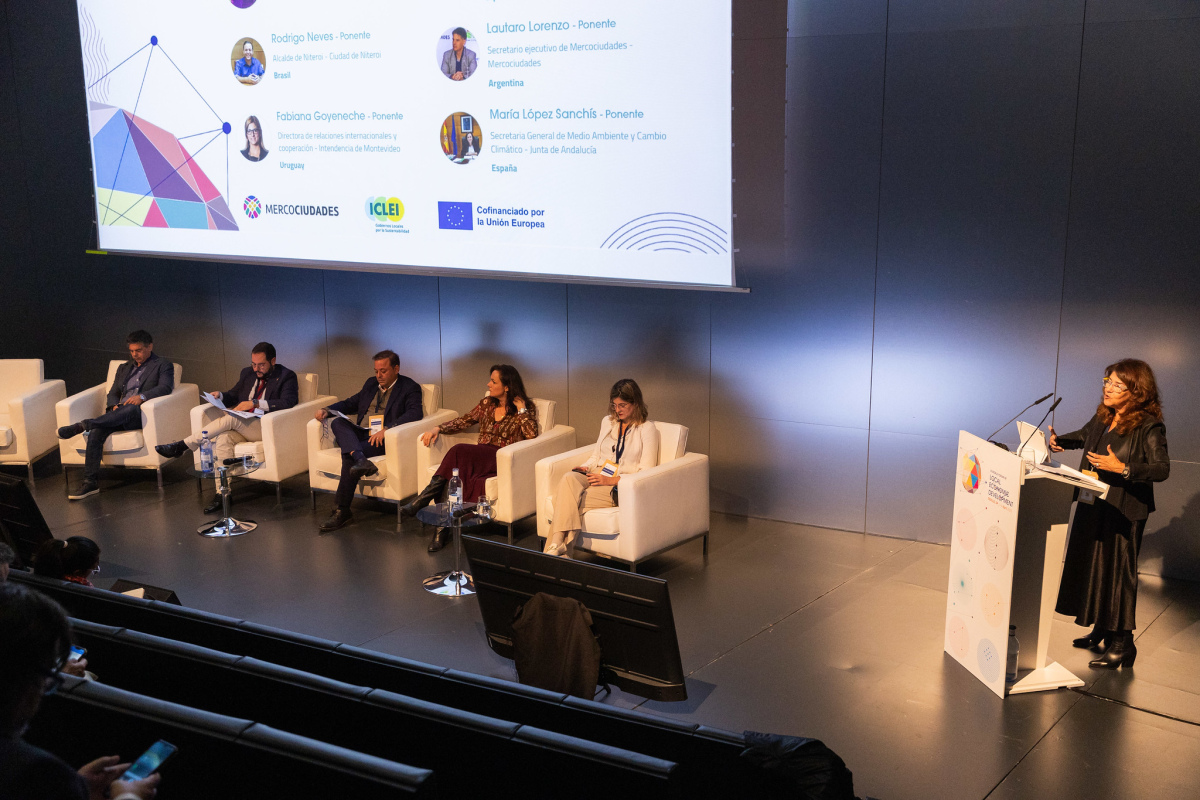

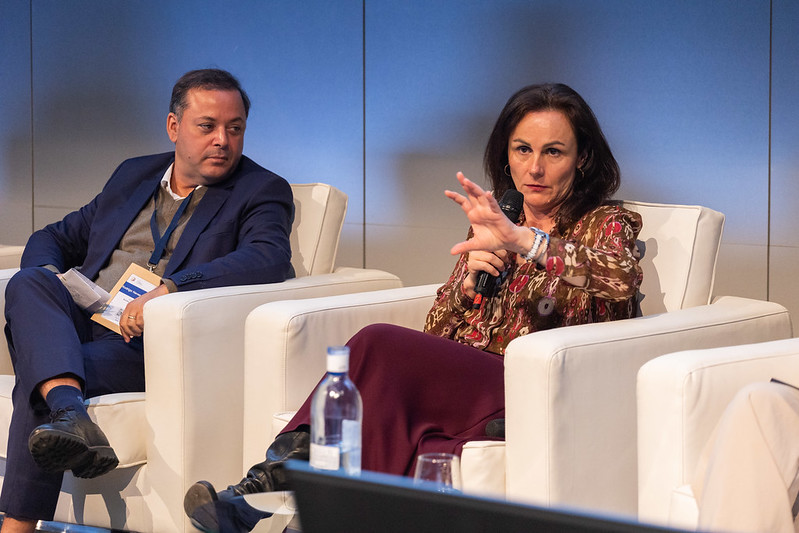
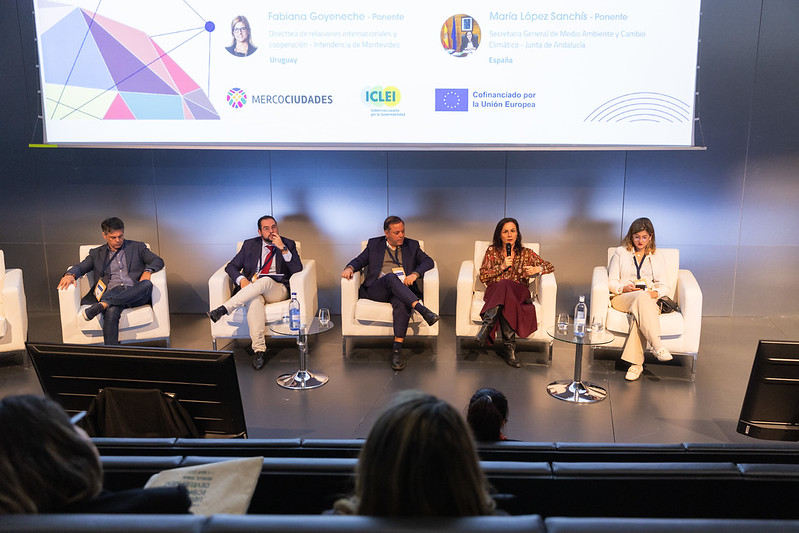
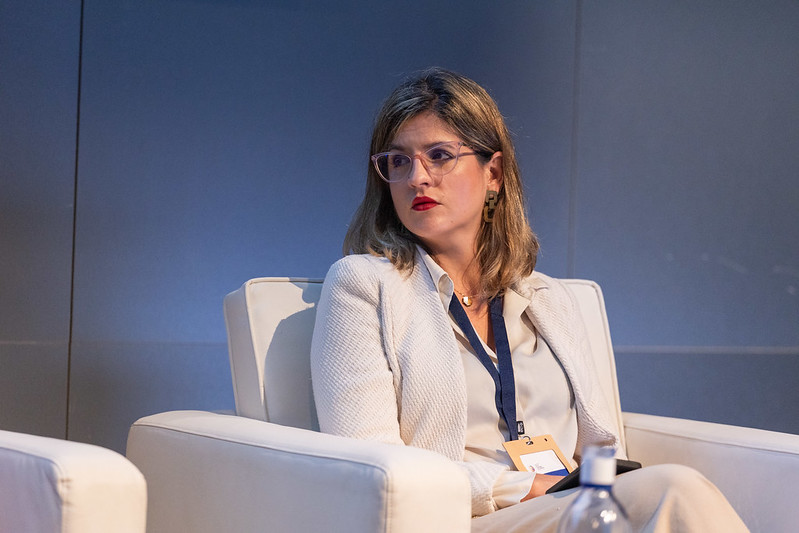
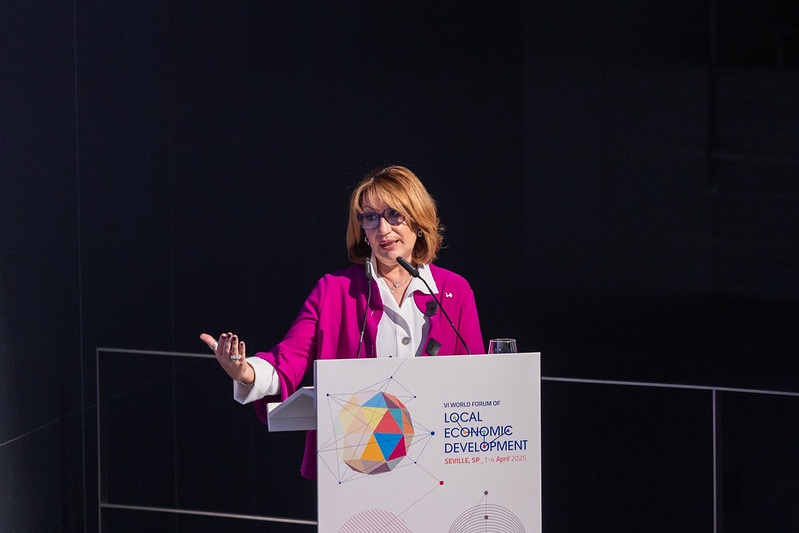
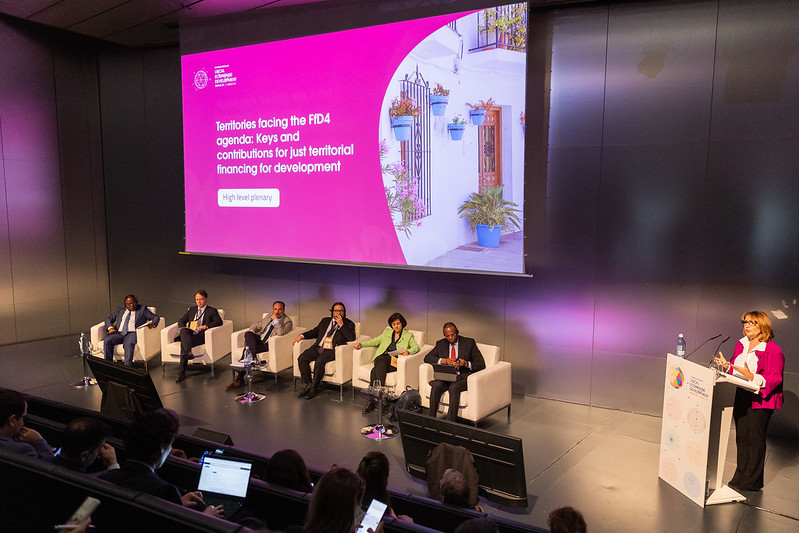
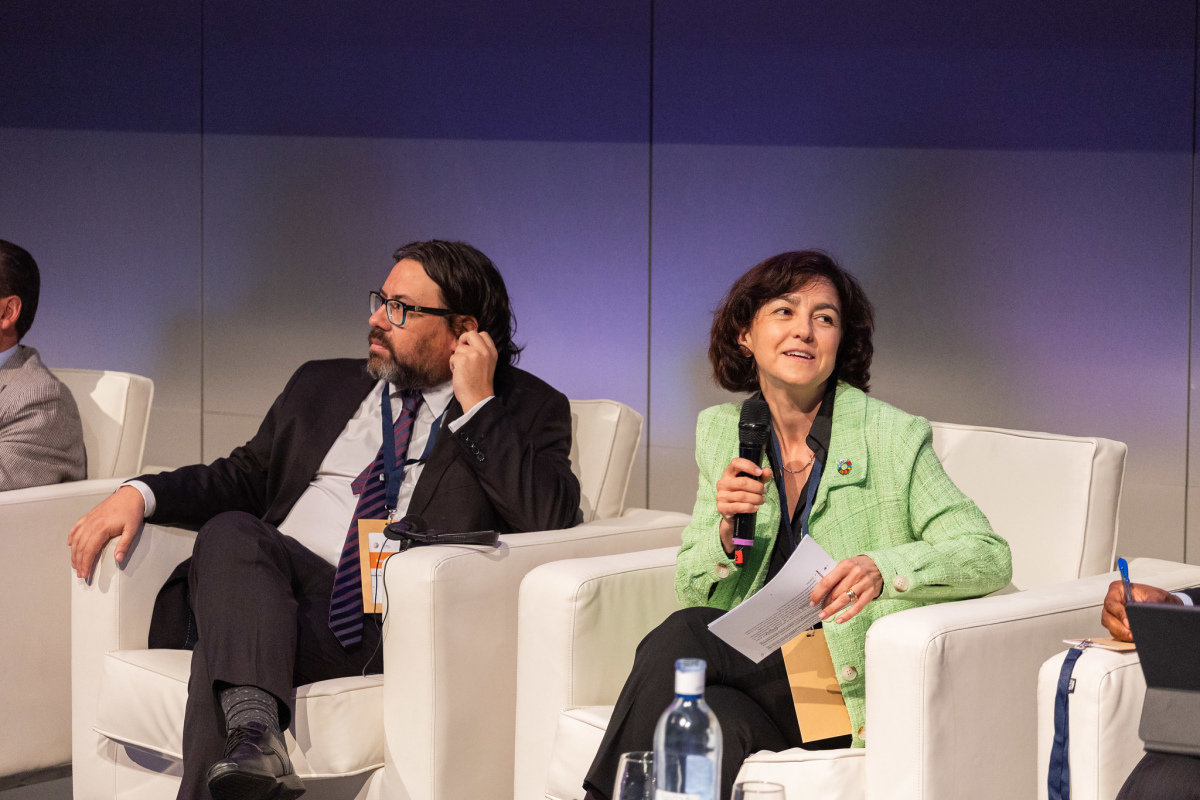
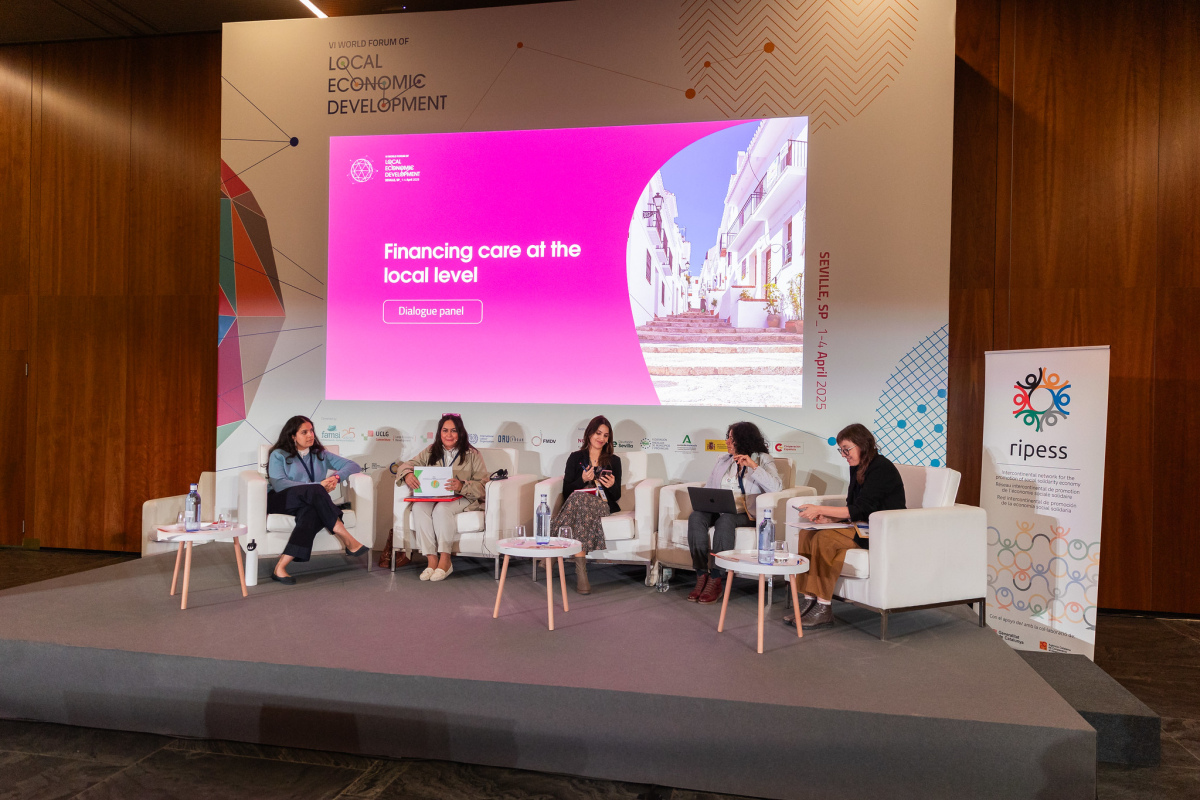
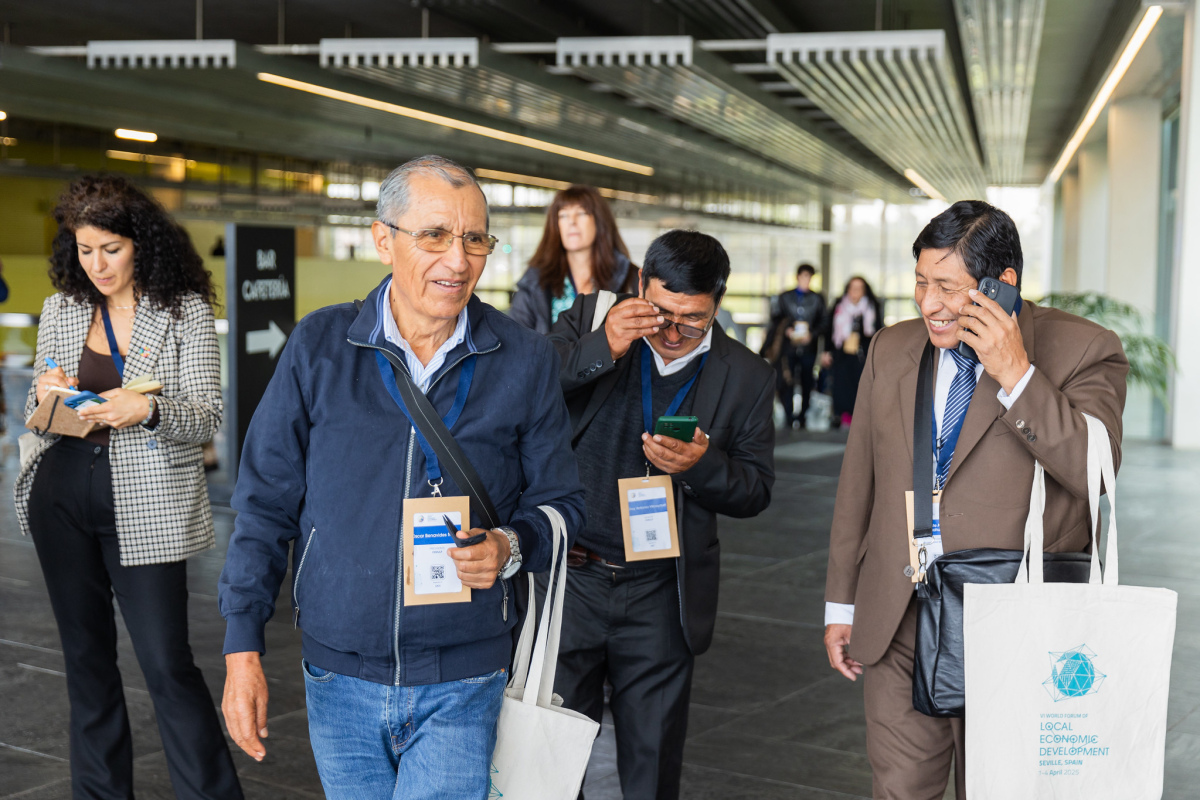
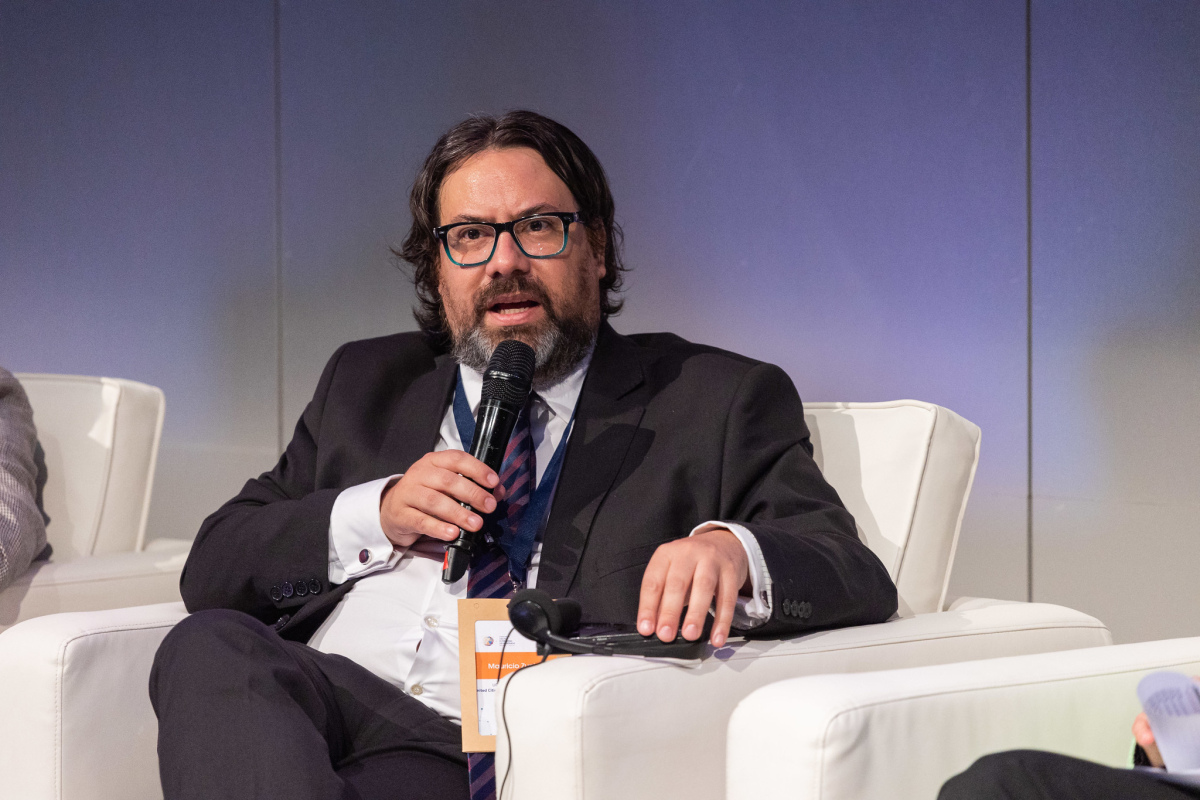
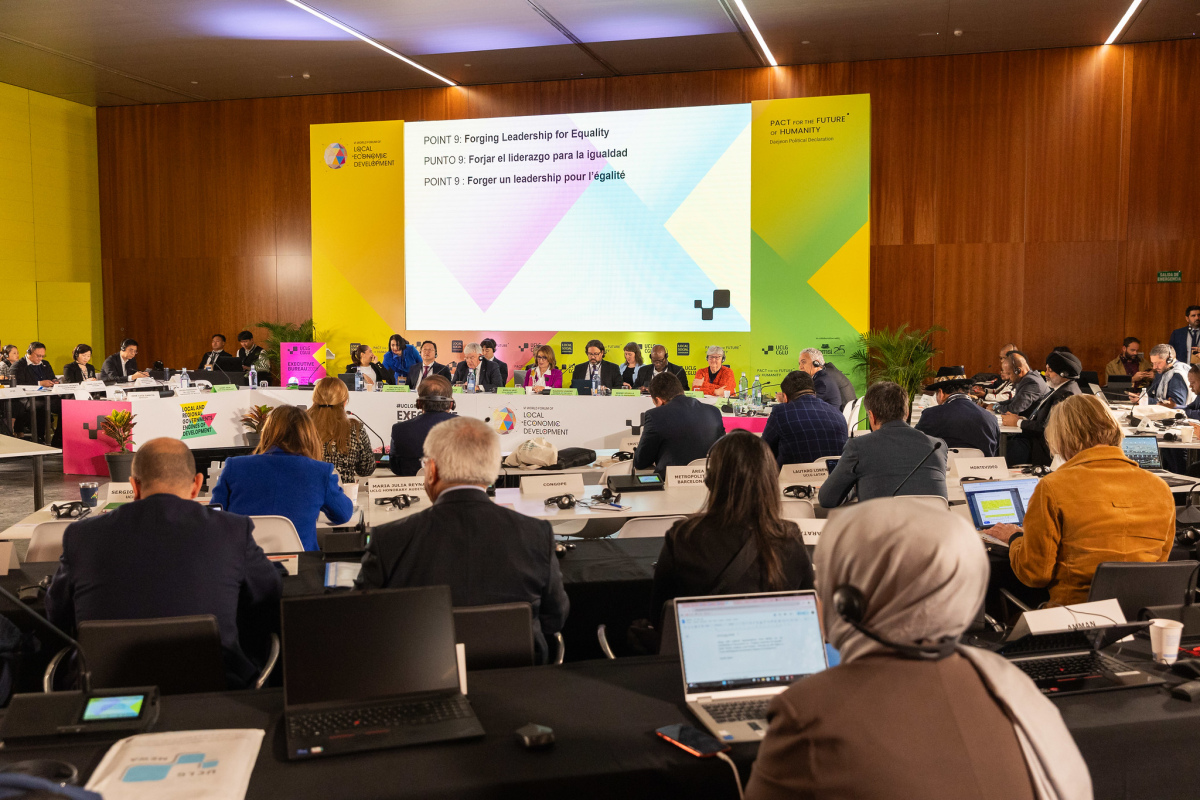
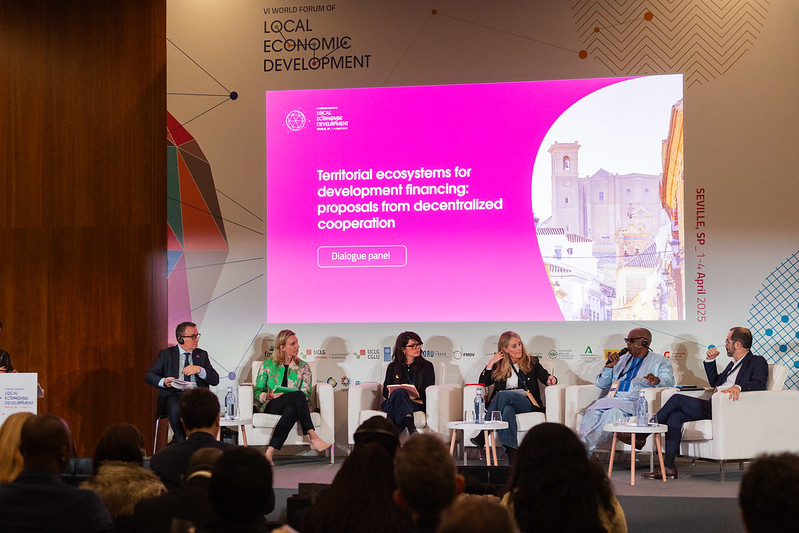
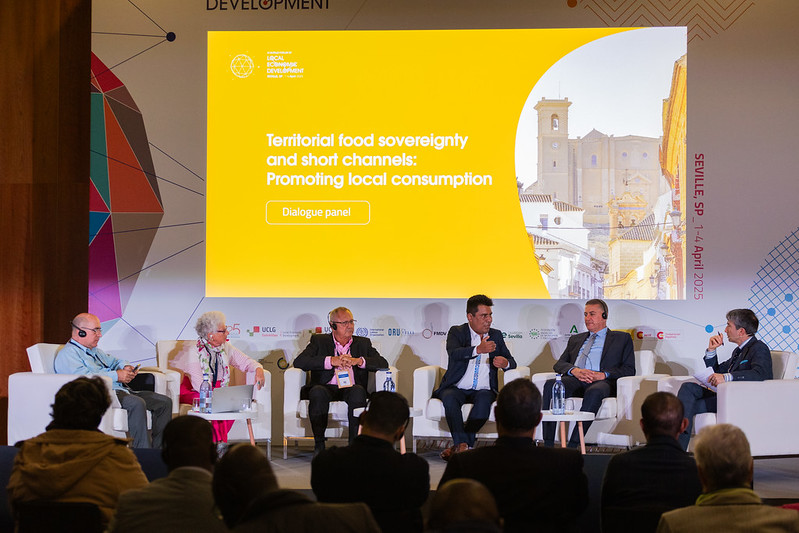
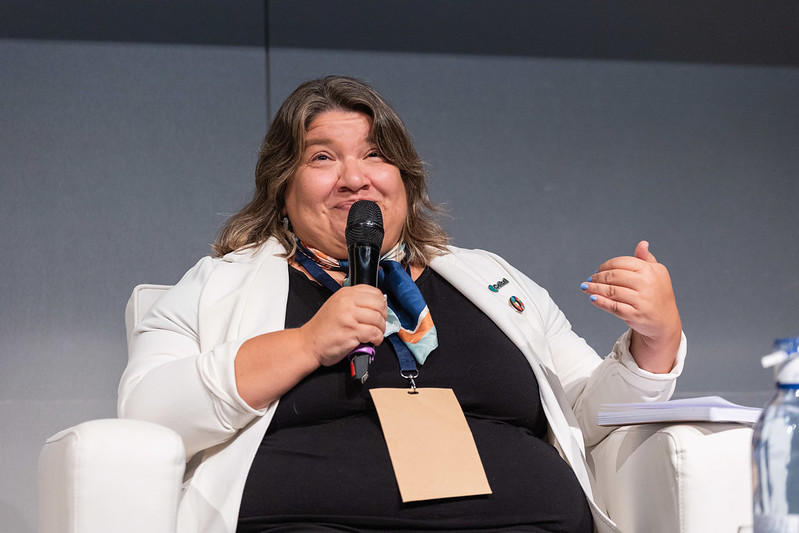
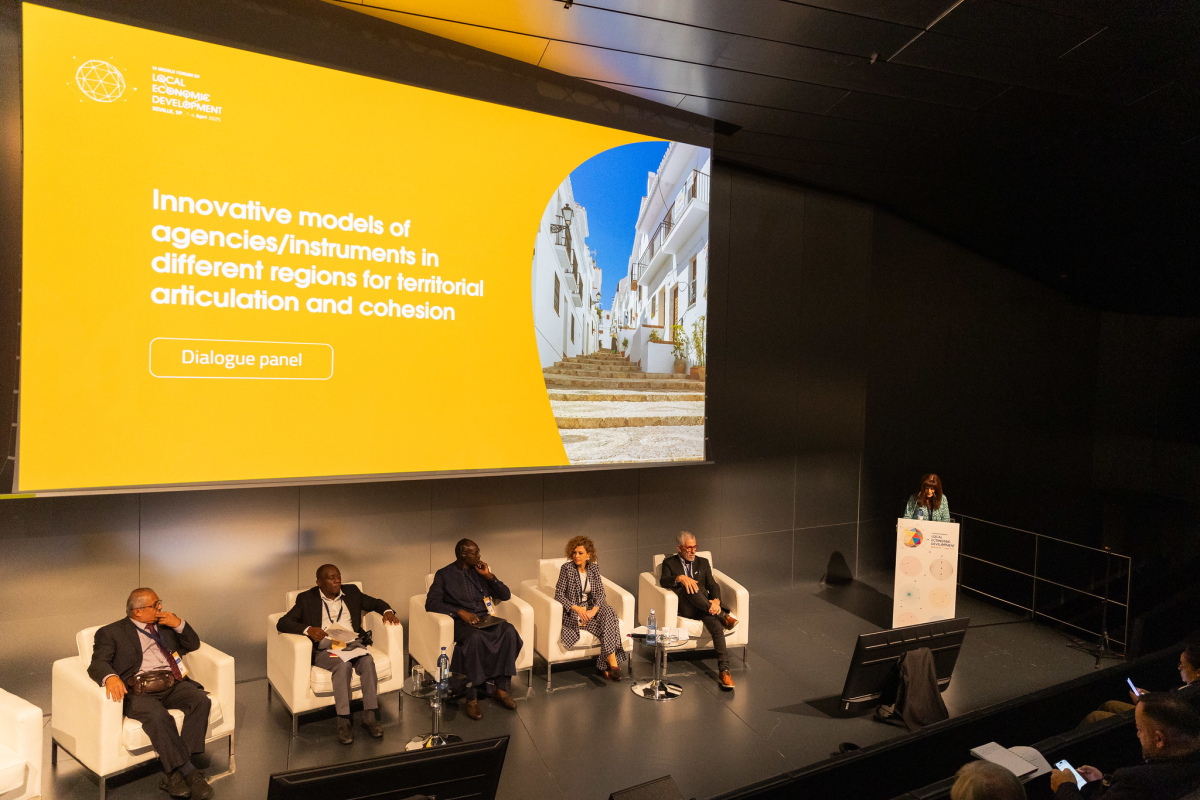
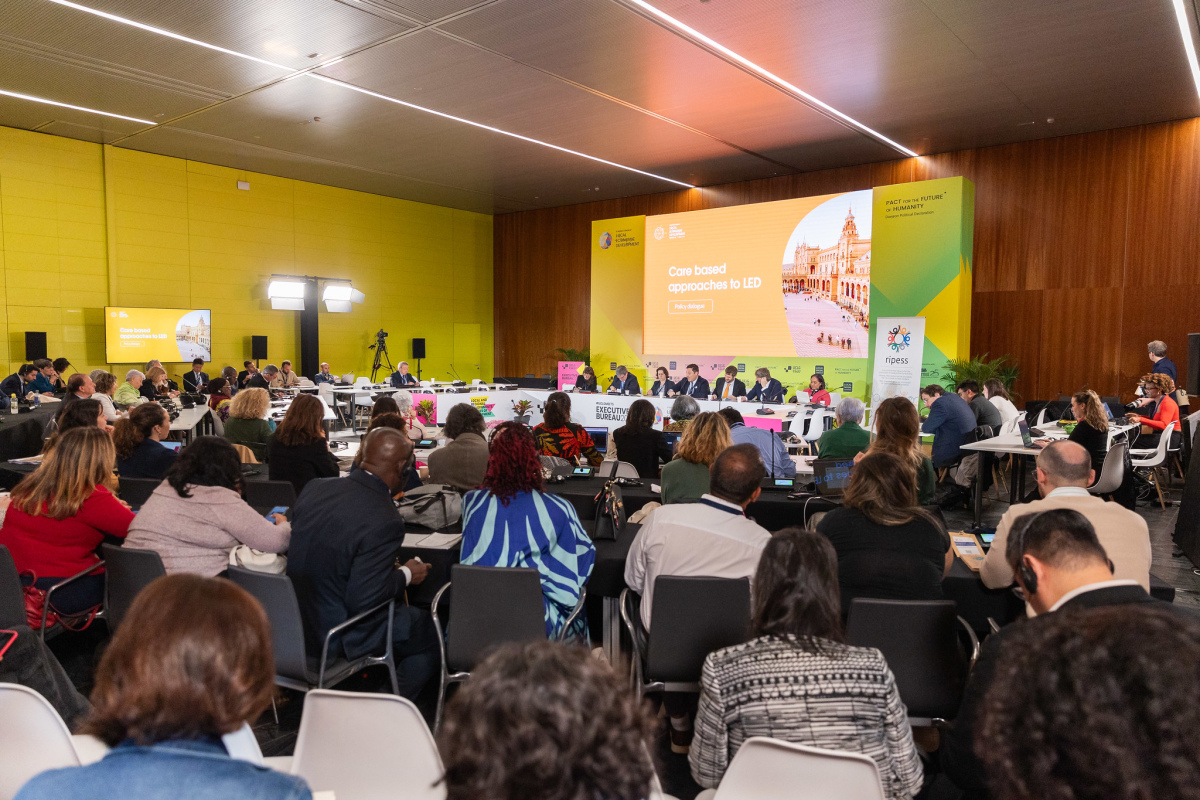
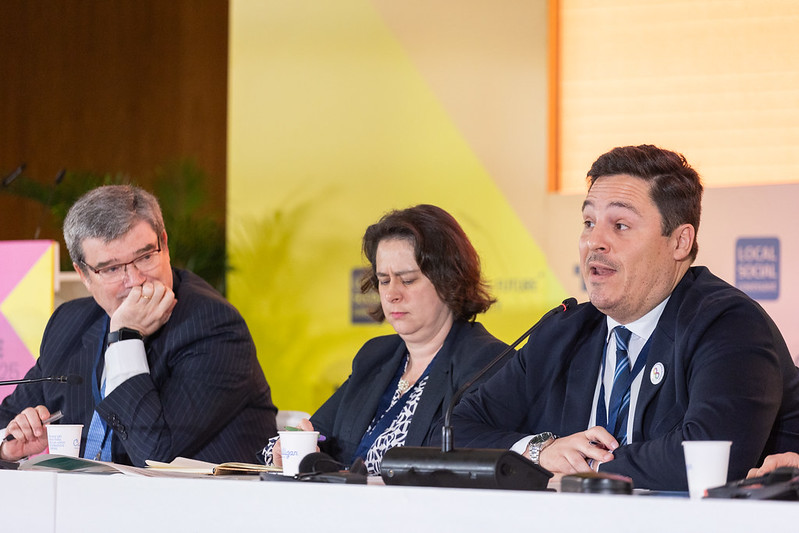
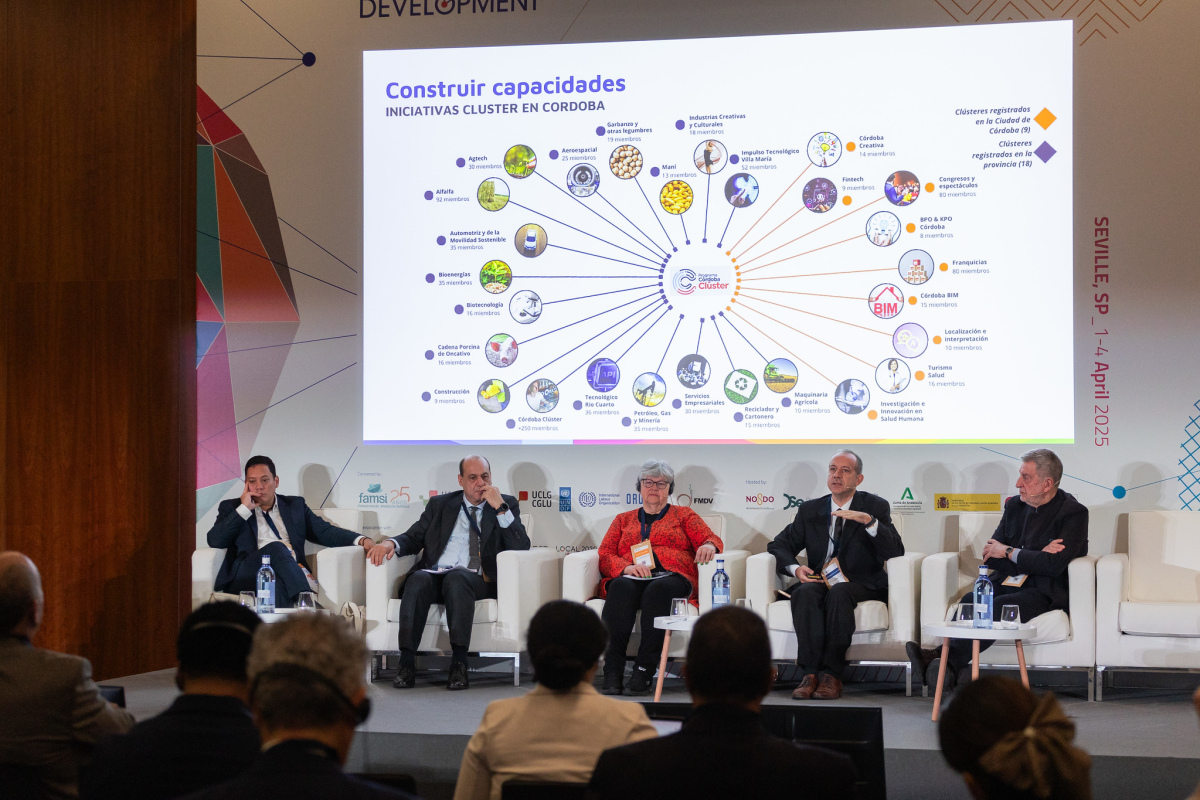
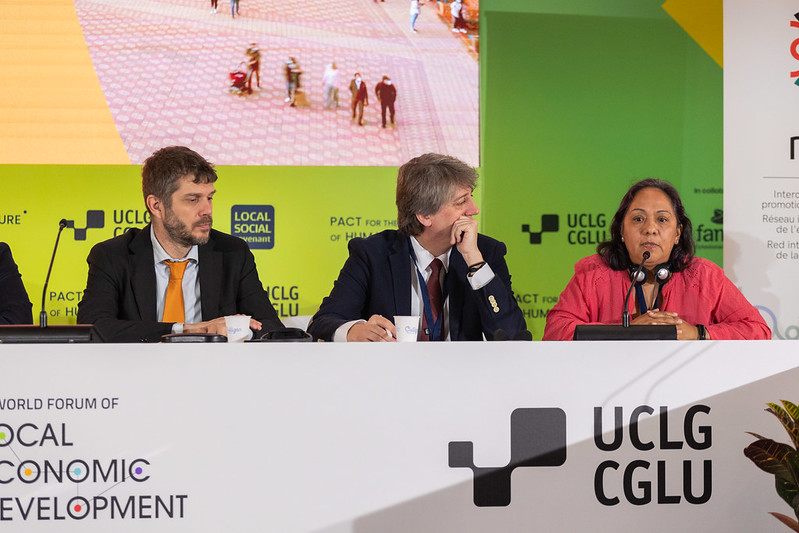
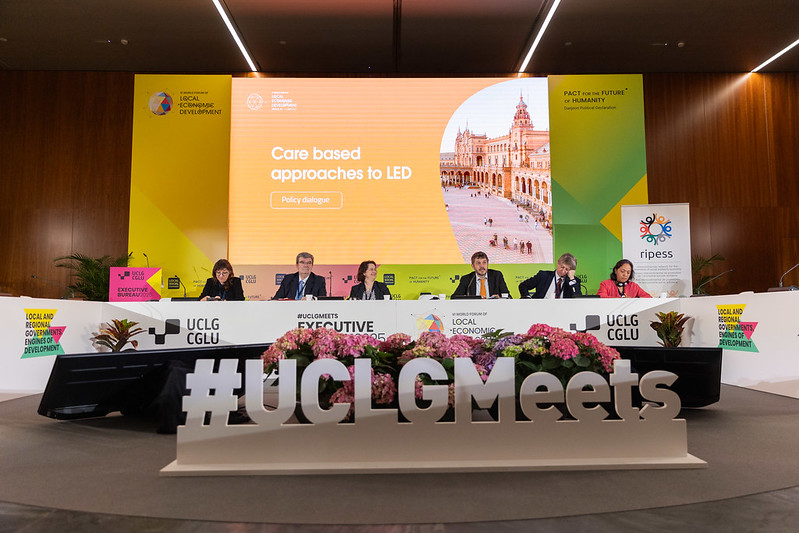
PHOTOS OF THE COVERAGE: https://www.flickr.com/photos/192772545@N04/albums/72177720324824765
